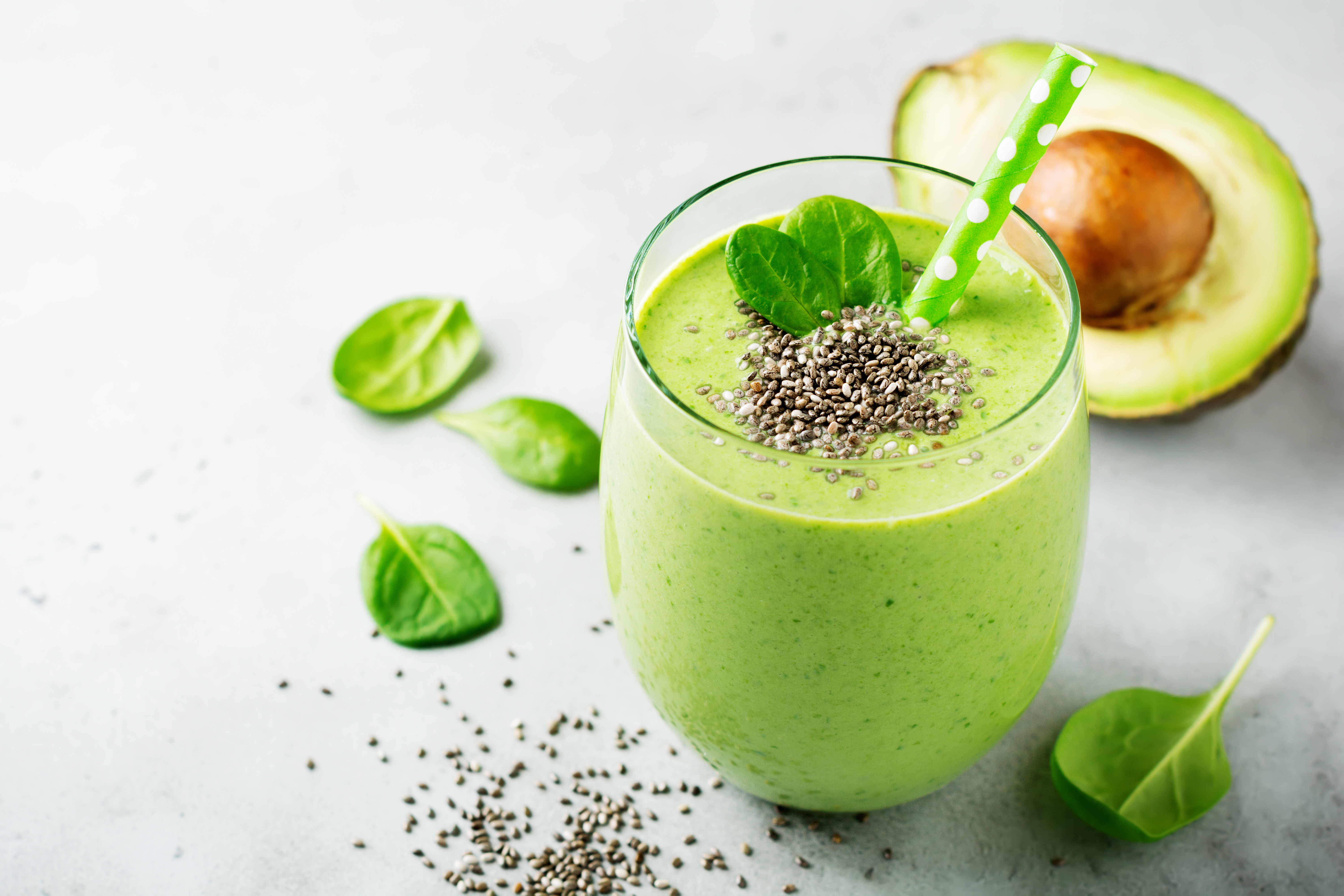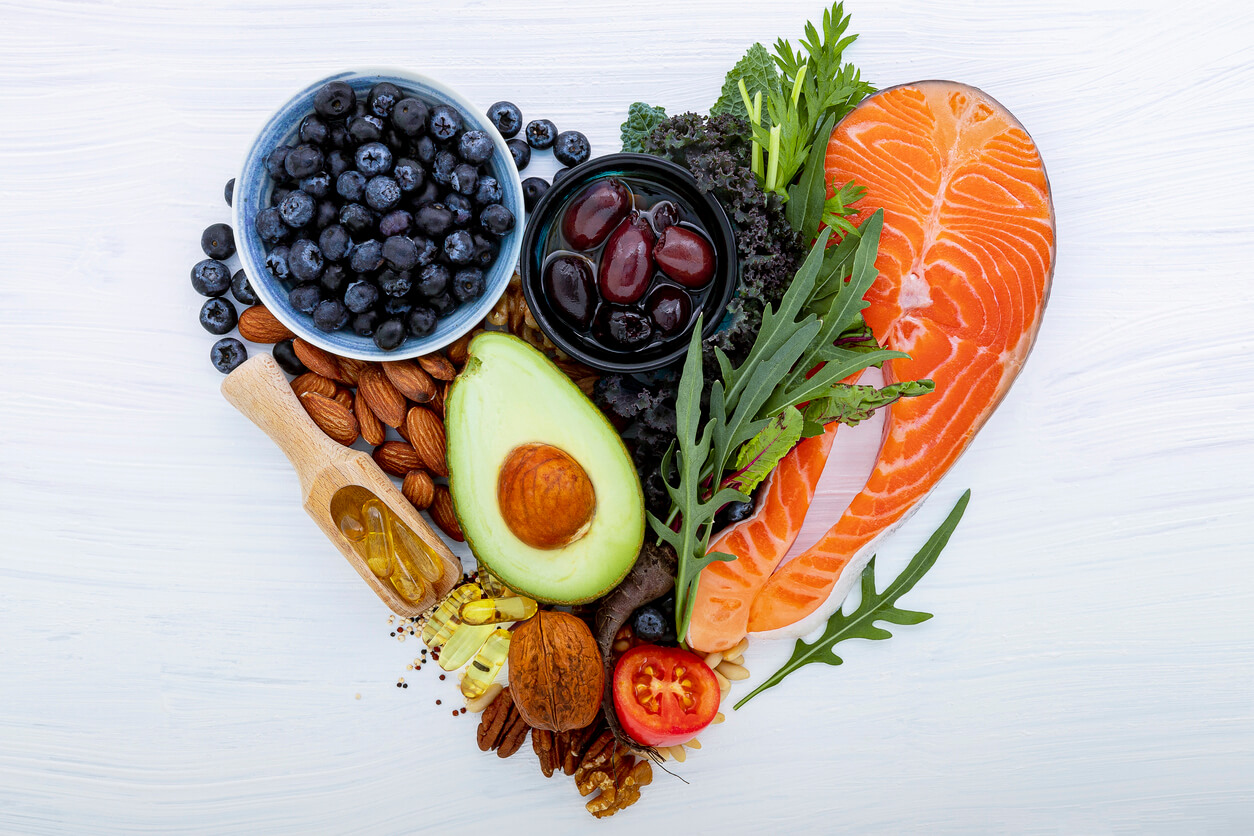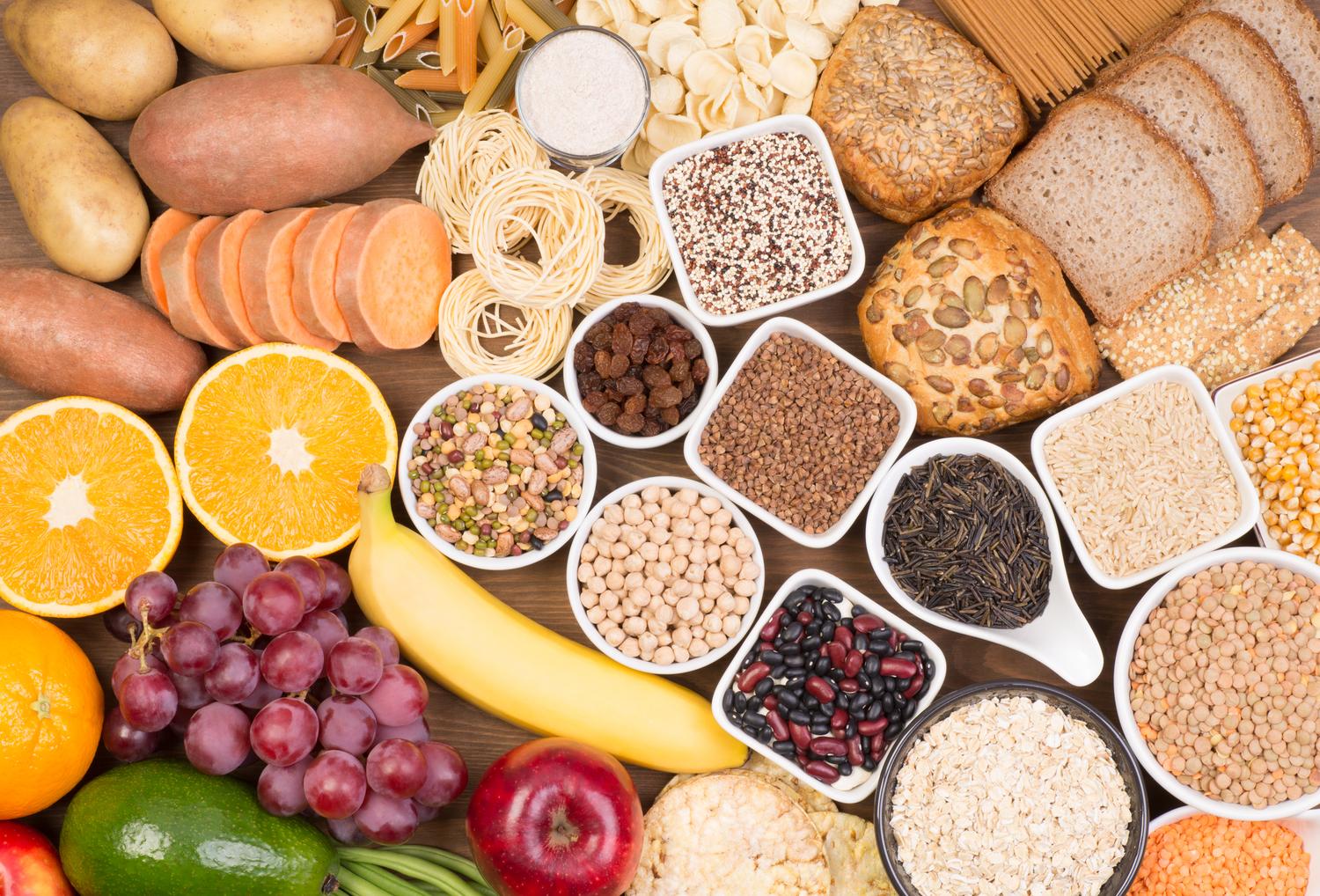Health Benefits of Sesame Seeds
Key Takeaways
- Sesame seeds are nutrient-rich superfoods packed with protein, healthy fats, fiber, vitamins, and minerals
- The nutrients within sesame seeds can support heart health, bone strength, immune function, and more
- Sesame seeds can also help lower cholesterol and blood pressure, reduce inflammation, and contain antioxidants that protect against chronic diseases
Sesame seeds are tiny nutritional powerhouses. While sesame seeds are primarily grown to produce sesame oil, they are edible and loaded with nutritional value. Packed with protein, nutrients, and healthy fats, these little kernels from the sesame plant can help with weight loss, heart health, and more.
Sesame seeds aren’t just good for you; they are also delicious. With a nutty flavor and pleasing crunch, sesame seeds can be added to salads, stir-fries, meat dishes, smoothies, and even some desserts. Read on to learn more about this powerful superfood and how you can use it to improve your health.
Basic facts about sesame seeds
Sesame seeds are the seeds of the sesame plant (Sesamum indicum L.). People have been growing sesame seeds for thousands of years. Evidence shows that they began to be cultivated on the Indian subcontinent some 5,000 years ago. They were a popular trade item, becoming a staple of Asian cuisines and Chinese medicine. Now, they are used in supplements, medicines, and a wide range of dishes.
If you’re browsing the aisles of a supermarket, you might find two types of sesame seeds: black and white. Black sesame seeds have a bitter flavor and are slightly more nutrient-dense than white ones. This is because they still have the hull (the outer shell that protects the seed). White sesame seeds have had this hull removed and have a nuttier and sweeter flavor than black seeds.
Black sesame seeds are often significantly more expensive than white sesame seeds due to the perception that they have higher nutritional value. Still, the evidence supporting the difference in nutritional density is inconclusive at best.
You can find sesame seeds in the spices aisle of most supermarkets, often near flax seeds, chia seeds, and other cooking aids.
Health benefits of sesame seeds
There’s a reason that sesame seeds have been a staple of diets and medicine for thousands of years: they’re really good for you! Here's how sesame seeds can benefit your body:
Supports healthy cholesterol levels
Sesame seeds have been found to help lower cholesterol levels due to their rich content of plant compounds known as lignans and phytosterols. Phytosterols are plant compounds that bear a structural resemblance to cholesterol and compete with it for absorption in the digestive tract.
Phytosterols help block the absorption of dietary cholesterol, reducing its entry into the bloodstream. Additionally, sesame seeds are a source of healthy fats, mainly monounsaturated and polyunsaturated fats, which can have a positive impact on overall cholesterol levels when they replace saturated fats in the diet.
Helps lower blood pressure
Sesame seeds are a good source of nutrients like magnesium, which is known to help relax blood vessels and improve blood flow.
Research suggests that these nutrients can play a role in reducing blood pressure, which is essential for lowering the risk of cardiovascular disease and other chronic conditions.
High in dietary fiber
Sesame seeds are an excellent dietary fiber source crucial in promoting good health. Just one ounce of sesame seeds provides nearly 4 grams of dietary fiber. This fiber content is beneficial for several reasons:
- Prevent constipation and promote regular bowel movements
- Slow sugar absorption, stabilizing blood sugar levels
- Increase satiety, supporting weight management
- Reduce LDL cholesterol and support heart health
Including sesame seeds in a fiber-rich diet may also help manage diabetes and reduce the risk of heart disease.
Rich in antioxidants and anti-inflammatory compounds
Sesame seeds are a potent source of antioxidants and anti-inflammatory compounds. These tiny seeds contain powerful antioxidants like sesamin and sesamol, which help protect cells from oxidative stress and damage caused by free radicals. This antioxidant activity may reduce the risk of chronic diseases and slow down the aging process. Lignans like sesamolin and sesamin also exhibit anti-cancer characteristics.
Additionally, sesame seeds contain anti-inflammatory properties, primarily due to the presence of sesamol and other bioactive substances. These anti-inflammatory effects help alleviate inflammation, potentially reducing the risk of chronic inflammatory conditions such as heart disease and arthritis.
Promotes bone health
Sesame seeds are an excellent source of calcium, magnesium, phosphorus, and manganese — all of which are essential for bone health. Just one ounce of seeds contains about 10% of the recommended daily intake of calcium.
These minerals work together to maintain bone density, support the growth and repair of bone tissue, and aid in calcium absorption.
Excellent source of B vitamins
Sesame seeds are a valuable source of B vitamins, including thiamin (vitamin B1), niacin (vitamin B3), riboflavin (vitamin B2), vitamin B6, and folate (vitamin B9), which play a crucial role in cell function and metabolism. They are also rich in iron and copper. Niacin aids in converting food into energy and is essential for DNA repair. Riboflavin is involved in various metabolic pathways, helping the body process fats, drugs, and steroids. Folate is crucial for cell division and the production of DNA and RNA.
These B vitamins collectively support cellular processes and metabolism, ensuring that our bodies efficiently utilize the nutrients we consume.
Rich in plant-based protein
With about 20% of their weight as protein, sesame seeds are an excellent protein source — especially for vegetarians and vegans. They contain all the essential amino acids needed for:
- Muscle repair and growth
- Enzyme and hormone production
- Tissue maintenance
Add them to salads, smoothies, tahini, or stir-fries to boost your daily protein intake.
Promotes immune system support and blood cell formation
Sesame seeds offer valuable immune system support and promote optimal cell function through their rich content of essential nutrients. They contain iron, which is vital for producing red blood cells, helping transport oxygen throughout the body, and supporting overall immune function.
Also, sesame seeds provide copper, which is essential for developing and maintaining a robust immune system. Vitamin B6 in sesame seeds plays a role in antibody production, aiding the body's defense against infections. Furthermore, these seeds contain zinc, a mineral crucial for immune cell development and function.
Looking for nutritional guidance?
Have questions about the nutritional benefits of sesame seeds or need personalized dietary guidance? An online nutritionist through Sesame can help.
During your video visit, your nutritionist can help create a customized nutrition plan that's tailored to your lifestyle and health goals. Simply browse available appointments and prices, pay upfront, and get the nutritional support you've been looking for - no insurance needed.









